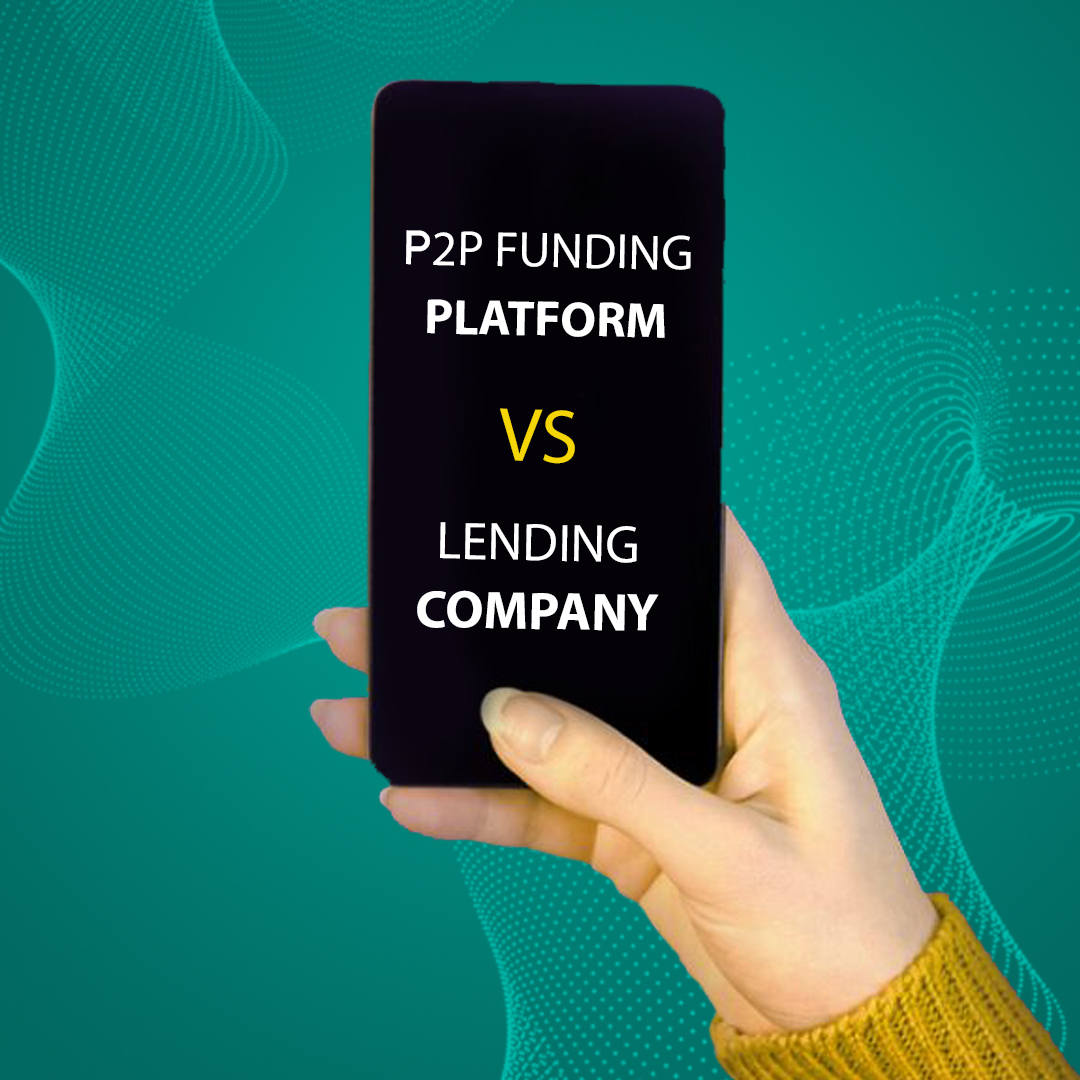Choosing Between a P2P Marketplace and an Online Lending Platform

In a previous post, we made a clear distinction between borrowing money from a P2P platform like Blend PH versus a company that identifies itself as an online lending provider. To refresh your memory, let’s summarize the differences between P2P and online lending.
Peer-to-peer lending
Peer-to-peer, person-to-person, or P2P lending is an alternative to traditional loan product. Most loan types fall under personal loans, which a borrower can use for a number of reasons such as home improvement, emergency loan, or a small business loan. With P2P lending, you are borrowing from a lender on the other side of the marketplace. You need to wait for people to decide if they want to invest or fund your loan.
Online loans
Online loans, on the other hand, provide a more instant way of getting cash. Like P2P, these systems are designed so that the entire application process is done online. There’s no need to print out forms, filling them up, or scanning them back. The key difference is that your loan will come directly from the platform – meaning the lending company – and not from an individual lender.
The trouble with online loans come with exacting prompt payment from the borrowers. Because of the growing number of missed payments, online loan providers are compelled to take extreme measures for collections.
Privacy issues with online loans
The National Privacy Commission has recently conducted a series of hearings to investigate operators of online lending applications who allegedly misused borrowers’ information and disclosed amounts owed and unpaid balances to other people.
A total of 485 identical complaints comprised of 235 formal cases filed detailed occurrences of rude practices and harassment wherein employees representing the lending apps called or texted people on the borrowers’ contact lists to nag them about the remaining unpaid balances, which has caused embarrassment and emotional stress to the complainants.
More recently, the Securities and Exchange Commission has ordered the shutdown of six online lending apps found to be shaming customers through various scare tactics involving the use of borrowers’ personal information. While there remains a number of legitimate online lending companies in the Philippines, consumers are repeatedly warned about the bad apples who exploit the system.
How they do it
Online loan providers usually offer downloadable mobile apps. Upon downloading an app, the online loan applicant or the user is prompted to allow access to contact information, photos, and saved documents on his or her phone before he or she can proceed with the process.
When this borrower fails to repay his or her loan on time, the information on the phone is used to send out a text blast containing the borrower’s name and the amount owed. This means that everyone on your contact list can receive your personal financial details, which are supposedly private.
Blend PH will never follow suit
Blend PH strongly objects to these practices as players in the fintech community in the Philippines. These companies are a threat to what we believe in. Predatory lending has no place in a space that advocates financial inclusion and education.
Responsible borrowing, ethical lending. We try to uphold our ethos to the best that we can. We repeat these words to ourselves every day.
Blend PH will protect the information you provide us, along with the information we gather from you. It will be retained and used strictly in accordance with our terms, conditions, and privacy policy. We take the effort to ensure confidentiality of your personal information to comply with privacy laws.
Aside from that, we also employ the use of secure technology, such as encryption, firewalls, and other similar measures to make sure that your personal and financial information are protected within our system.
Figuring out the better loan option
While we’re not saying that every online loan company has resorted to unethical tactics, it’s always good practice to check the reputation of the company you’re planning to borrow money from before hitting the ‘submit application’ button.
The primary difference between a P2P loan and a general online loan lies on who will grant the loan to the borrower. If the money comes from an individual or group that chooses who to fund on the platform, then it’s P2P lending. If the money comes directly from the online creditor via automatic loan approval upon submission of complete requirements, then you’re dealing with an online loan provider.
This process can spell the difference between smart borrowing and making a lesser informed choice. P2P marketplaces like Blend add another layer to the loan process, so there’s additional checks and balances involved. We don’t just issue loans right off the bat, we check for the borrower’s creditworthiness and then have lenders on our platform look at the individual applications to see if they’re worth investing money into.
The bottom line
The bottom line in choosing between P2P loans versus a loan from an online lending really boils down to where you will get the best benefit for your needs or circumstances.
Do you need the cash immediately? If you’re after quick turnaround time and approval, then you’re better off with an online lender. The trade-off can be anywhere from getting higher interest rates or falling into the hands of creditors who resort to leaking your personal data to your contacts.
Do you want to borrow money on the basis of forming a business relationship? If you’re into getting better terms (if you have good credit) and getting stability from borrowing from an individual investor or a partner who believes in what your financial goals are, then you must consider a P2P loan. The downside is having the wait time for finding the lender to fund your loan.
If you’re choosing to go with the latter, go with Blend PH. We were recently ranked #2 on Grit.ph’s list of top P2P lending sites in the Philippines, while Feedspot listed our blog as one of the top personal finance blogs locally. Our peers in the industry vouching for us should be a good indicator of the level of trust and confidence that borrowers and lenders on the platform can expect from us.
